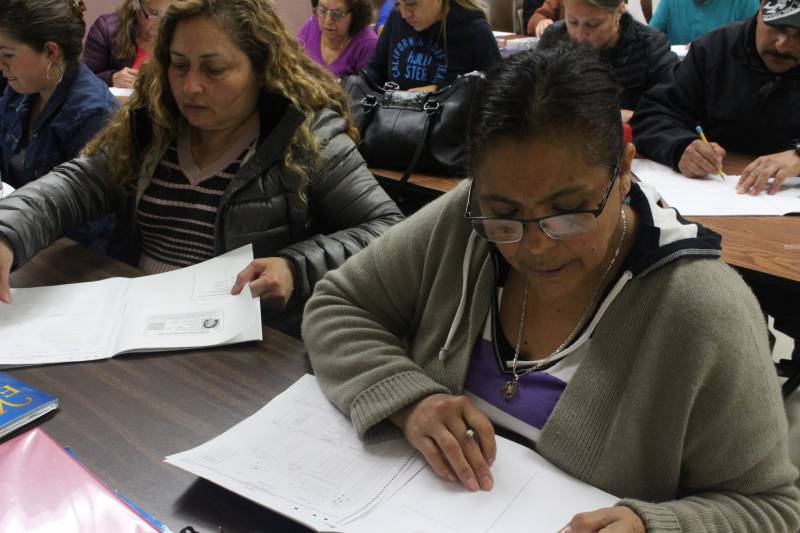Updated 2:00 p.m:
U.S. Citizenship and Immigration Services (USCIS) should postpone plans to furlough about 13,400 employees, now that the agency has projected it will end this fiscal year with a budget surplus instead of the $571 million deficit it forecast earlier this year, said Vermont Sen. Patrick Leahy and Montana Sen. Jon Tester, both Democrats who sit on the Senate Appropriations Committee.
“We ask that you take immediate action to save USCIS employees from unnecessary furloughs,” wrote Leahy and Tester in a letter to Department of Homeland Security (DHS) Acting Secretary Chad Wolf and USCIS Deputy Director for Policy Joseph Edlow. “You must not sit by as thousands of American jobs are on the line, particularly during a time of unprecedented unemployment.”
In the letter, Leahy and Tester said that even though USCIS’ fiscal outlook had reversed, the agency had “perplexingly chosen” to proceed with the furloughs, which would go into effect on Aug. 3 for at least a month.
Jessica Collins, a spokeswoman with USCIS, said the agency still requires $1.2 billion from Congress because its financial outlook had not improved enough to sustain operations next fiscal year.
“In order to delay a furlough, we would need a commitment from Congress to fund USCIS, either through passing legislation or indicating that legislation is forthcoming which would meet our ultimate goal of canceling the furlough once we receive funding,” Collins said in a statement.
DHS, the parent agency of USCIS, and the White House Office of Management and Budget did not immediately return requests for comment.
Original Story:
Less than two weeks before massive furloughs are set to strike the federal agency that processes immigration applications, it’s unclear whether Congress will reach a bailout deal in time to spare more than 13,000 employees and millions of immigrants awaiting key services.
The stakes are high in California, where hundreds of thousands of immigrants — as well as their American employers and relatives — depend on U.S. Citizenship and Immigration Services for work permits, green cards, naturalization and other benefits.
USCIS plans to furlough more than two-thirds of its employees, including 2,300 in California, because revenue has dropped dramatically during the COVID-19 pandemic, according to the agency.
In May, USCIS officials told Congress they would need $1.2 billion to avoid the furloughs, which are set to start Aug. 3.
